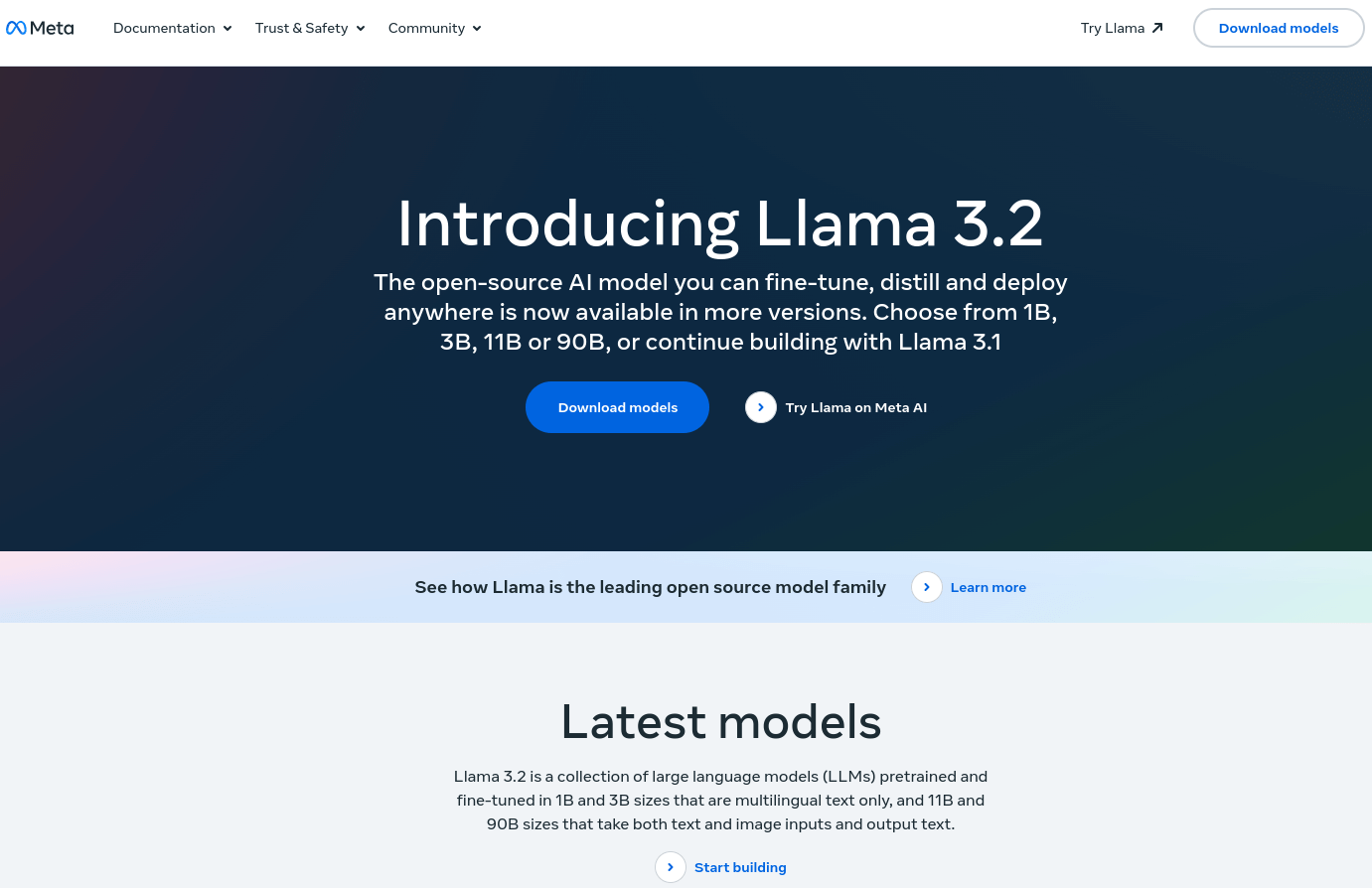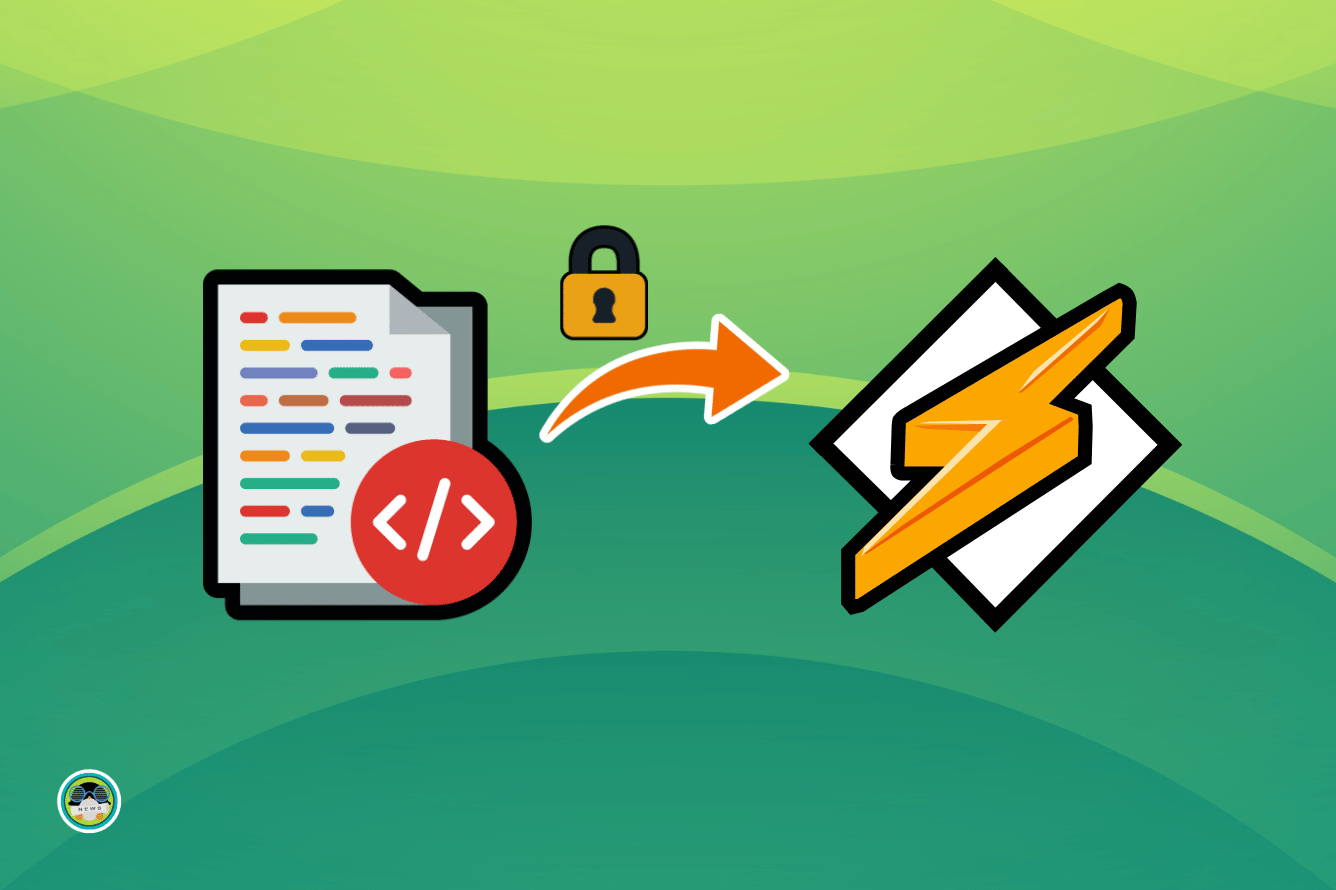
The notion of open source empowers people to freely share software with the world, allowing anyone to view, modify, and distribute copies of the original software, signifying collaboration and freedom at their most fundamental level.
One of the major driving forces behind the movement is the Open Source Initiative, or OSI for short, which is a California-based public benefit corporation with the primary objective of promoting open source around the world.
Such entities are an opposing force when compared to organizations that try to get away by misleading, or completely botching their source releases, resulting in a poor experience for the open source community as a whole.
Now, it looks like Meta's handling of its Llama AI model has caught flak for not being true to reality. And, I think, this was expected.
OSI Chief Is Not Happy With Meta

When speaking with the Financial Times (paywalled coverage), the Executive Director of OSI, Stefano Maffulli, stated that Meta was confusing users and polluting the term “open source” by calling its Llama family of AI models open source.
He also added that it was extremely damaging, seeing that we are at a juncture where government agencies like the European Commission (EC) are focusing on supporting open source technologies that are not in the control of a single company.
Continuing the interview, Stefano pointed out that the recent wave of so-called open source AI models, including Llama, are not fully open and that they are preventing experimentation and innovation in AI.
You see, even though Meta advertises Llama as an open source AI model, they only provide the weights for it—the things that help models learn patterns and make accurate predictions.
As for the other aspects, like the dataset, the code, and the training process, they are kept under wraps. Many in the AI community have started calling such models 'open weight' instead of open source, as it more accurately reflects the level of openness.
Plus, the license Llama is provided under does not adhere to the open source definition set out by the OSI, as it restricts the software's use to a great extent.
Concluding the interview, Stefano warned that:
If companies such as Meta succeed in turning it into a “generic term” that they can define for their own advantage, they will be able to “insert their revenue-generating patents into standards that the EC and other bodies are pushing for being really open.
Suggested Read 📖

- Even the biggest players in the Linux world don't care about desktop Linux users. We do.
- We don't put informational content behind paywall. Your support keeps it open for everyone. Think of it like 'pay it forward'.
- Don't like ads? With the Plus membership, you get an ad-free reading experience.
- When millions of AI-generated content is being published daily, you read and learn from real human Linux users.
- It costs just $2 a month, less than the cost of your favorite burger.
Become a Plus Member today and join over 300 people in supporting our work.










